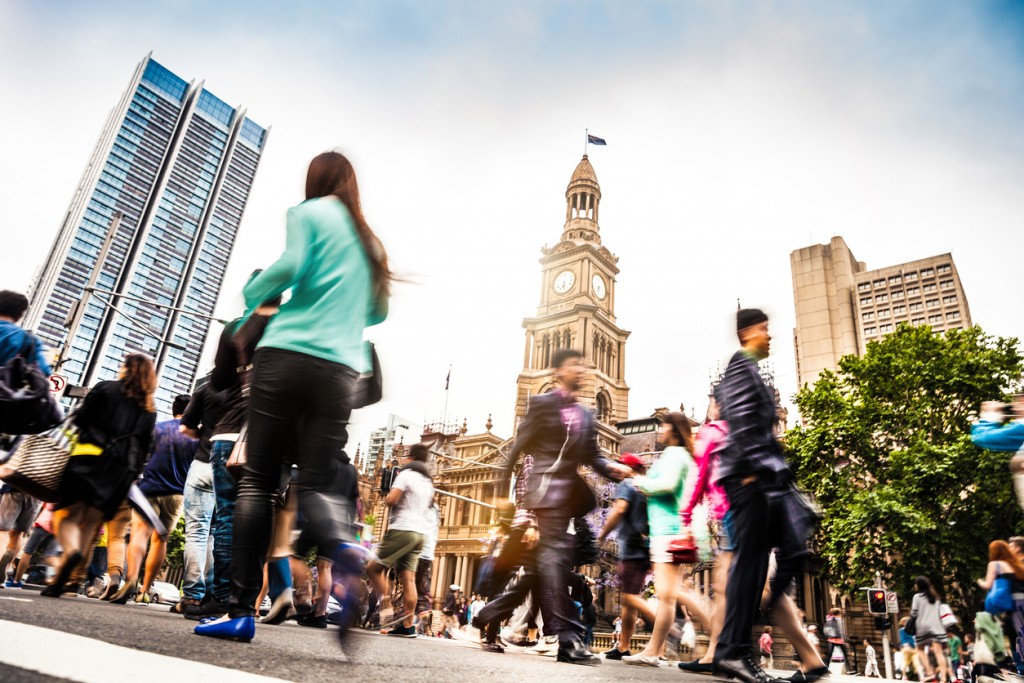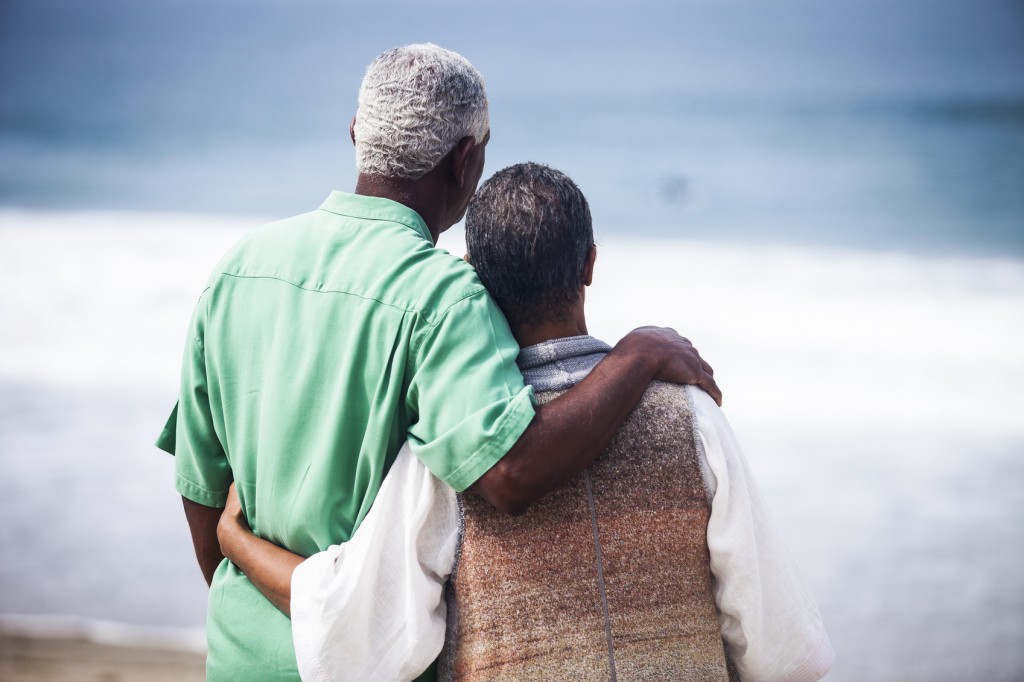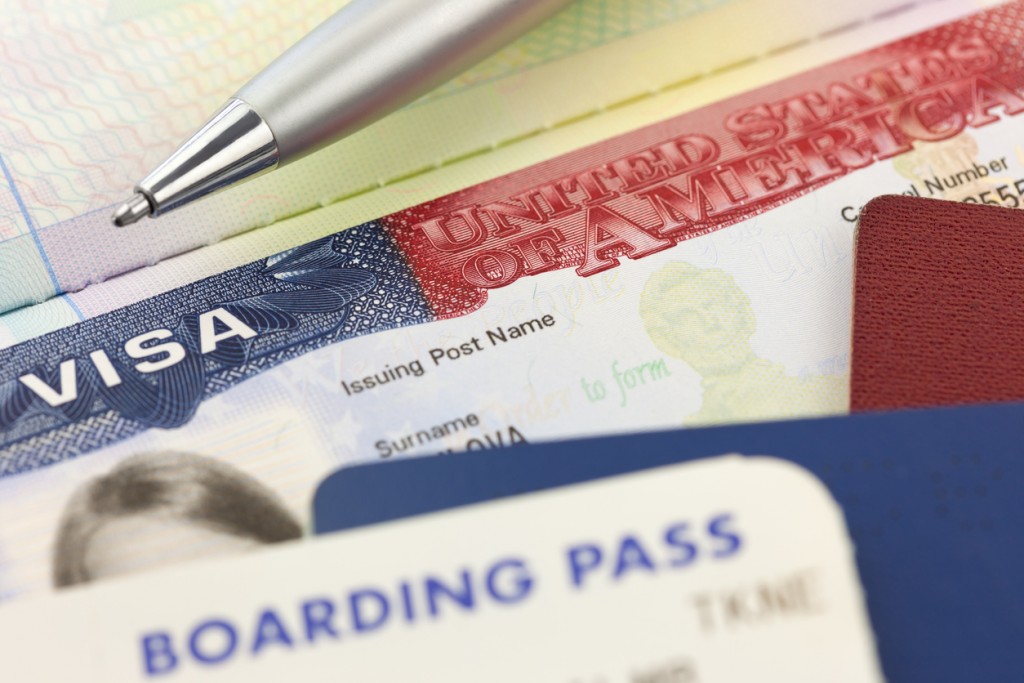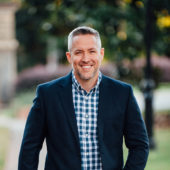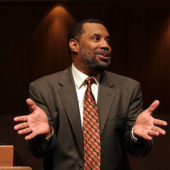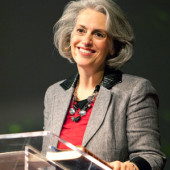As racial tension and even violence erupts in more and more cities across the country, Christians are confronting the question: what is the church’s role in responding to these deep cultural divisions?
Professor and theologian, Dr. Antipas Harris says the church is addressing issues of racial reconciliation, but there is much left to be done.
“We have made some advancement, but I think we talk about it more than we actually deal with the issues–because to deal with the issues is to upset the equilibrium of the way we think and the way we do church.”
“We have learned to go into our silos, our corners. Even multicultural churches tend to have little silos; we worship together and then we’ll go into our little corners and discuss it among ourselves based on our political affiliations, or based our ethnic identity, and then we come back and worship together again, and it looks great in church on Sundays.”
Dr. Harris says the tendency to flee a difficult conversation presents barriers to openness, which is required for understanding other Christians’ perspectives:
“What happens is, if we have certain perspective or bring certain ideas to the table, immediately we get labeled, categorized, as a liberal, a conservative, as a bigot, something. We label people if they discuss their experiences. So we learn to be safe; to be your friend, I’ll say things that are safe. I think that’s a problem.
What does the Bible say about racial reconciliation? Dr. Harris says the scriptural call for justice and righteousness applies to this issue, as we seek to love and understand the other.
“Pentecost was all about hearing and understanding the voice of the other. At the Tower of Babel in Genesis, they spoke different languages but couldn’t understand each of them, so it caused division. And I think that’s where we are in this country. People are speaking different languages and nobody understands anybody, so again, we only talk to people who speak the same language we do, which is not everybody.”
As a church we need our own Pentecost like revolution to change the way we approach and discuss racial reconciliation.
“The power of Pentecost is not the Holy Spirit empowered people to speak different languages, although that is a work of the Spirit. The greater power is that they heard and understood the other. So I think that has profound implications to racial reconciliation. A white person could never be a black person; a black person could never be a white person. I don’t mean that only in skin color but as in narrative, in story, in culture.”
“But we can come together and we can be one in the unity of the Spirit–not because we speak the same language, but because we can hear and understand each other.”
Dr. Antipas Harris is a professor, preacher, and public theologian who works to bridge the academy, the community, and the church. Find out more about Dr. Harris’ ministry at his website.
How the Church should responds to racial tension


